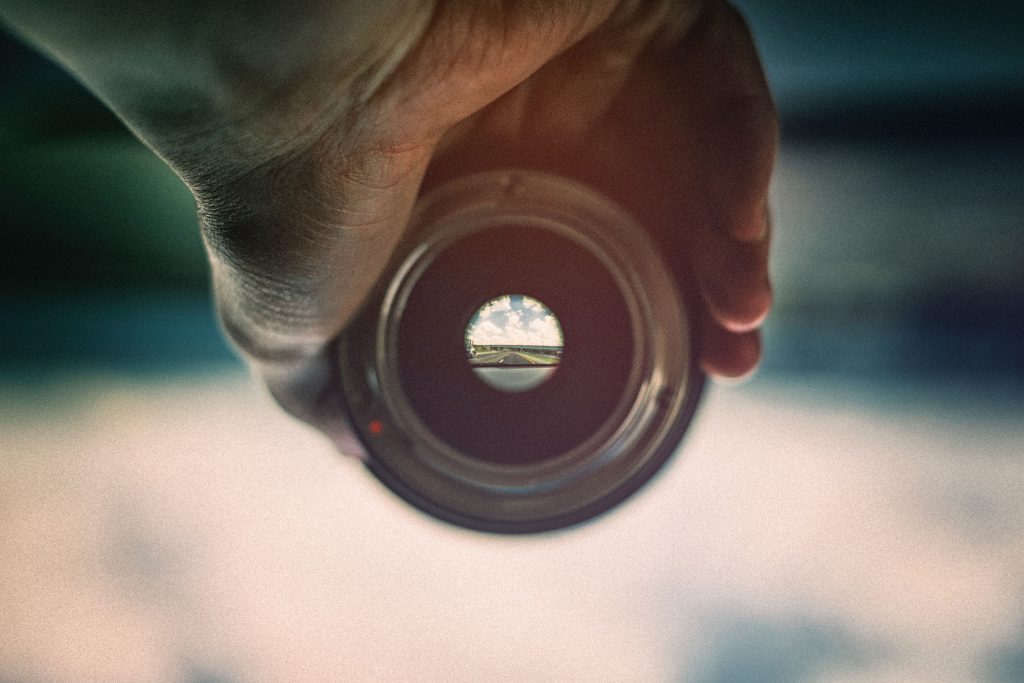Every time I come to the mountains I’m enchanted by the sheer beauty of the surroundings.
The French Alps, where I am spending Christmas, are no different.
It’s a beautiful place that I absolutely love coming to. Every other year, we rent a larger and larger chalet because the family is slowly growing.
The latest arrival is my niece, who’s just about to turn 3 years old. Unsurprisingly, she still believes in Santa Claus.
Last night, my father dressed up, pretended that Santa just dropped presents under the Christmas tree, and waved my niece goodbye through the window as he left the house.
She loves Santa Claus. But ultimately, she’ll have to realize that Santa Claus isn’t real. And when she does, it will likely break her heart.
But then she’ll move on.
Thinking about her relationship to Santa Claus made me think of something else:
to what extent do we keep other illusions alive to shield ourselves from reality?
For most of us, reality can be frightening, because it might not fit with our expectations of the world and of ourselves.
That can make it difficult to accept.
But accepting reality is one of the most powerful things that we can do as humans, because it helps us see the world clearly, for what it really is.
Now, you might think that this example is limited to just shielding 3-year old girls from the fact that Santa Claus isn’t real.
But every day, we shield ourselves from reality with stories we make up to feel better about ourselves and the world.
Some of these stories involve our relationships – like thinking that ‘one day our partner will change’, so we don’t have to deal with the hard reality now.
They can involve our health, like convincing ourselves we’re ‘healthy’ because we added one spoon of sugar, and not two, instead of facing the tough reality of having to change our hard-wired eating habits.
And of course, these stories can involve our finances and the way we look at investments.
We might convince ourselves that the next ten years will be exactly like the last ten, returning sky-high investment returns for stockholders in particular.
Or we might have the story in our head that the stock market will crash tomorrow and that we should stay in cash and gold until then.
No matter what the story is, it’s important to take a step back and understand where we got it from.
Is it true, or is it just one side of the story?
In a world of abundant information, you will always find news, opinions, and people that will confirm exactly what you already believe.
But it’s important to remember that all the information you consume is somebody else’s propaganda.
Most stories you hear are never the full story. You always get one side, but rarely the other.
Your job, as an investor, is to put the stories together to detect what’s actually going on underneath the surface.
For example, I’ve said it before – the mainstream news portrays the world as mostly a series of negative events, but there’s overwhelming scientific evidence that the world is getting substantially better every year for most people.
We’re solving more problems than ever, and there are incredible trends and developments happening all around the world.
To see them clearly, however, you have to learn to cut through the noise; to filter what you hear and see how it fits into a larger trend.
Because one of the most important skills you can develop as an investor is to see the bigger picture.
It’s something most investors miss, but something I want to encourage you to do as we go into 2020.
In this newsletter, it will be my job in the coming year to try to open your eyes to opportunities and to share what I see happening through the cracks so that you can take advantage of it.
But one of the best ways you can get started on your own is by cutting out distractions so that you can focus on the bigger picture and differentiate what’s important from everything else.
That might mean cutting out the flow of information that consistently fights for your attention for a while so that your brain can actually work, uninterruptedly.
That’s why you won’t hear from me next week. I’ll be meditating at a silent retreat for ten days, away from phones, computers, internet, and all electronics.
I won’t be allowed to speak or even look at anyone else. All communication is completely forbidden.
But I’ve found that meditating helps me see things more clearly, focus on what’s important and cut through the noise and the distractions of everything around me.
And in a world in which information is abundant – clarity is power.
To freedom,

